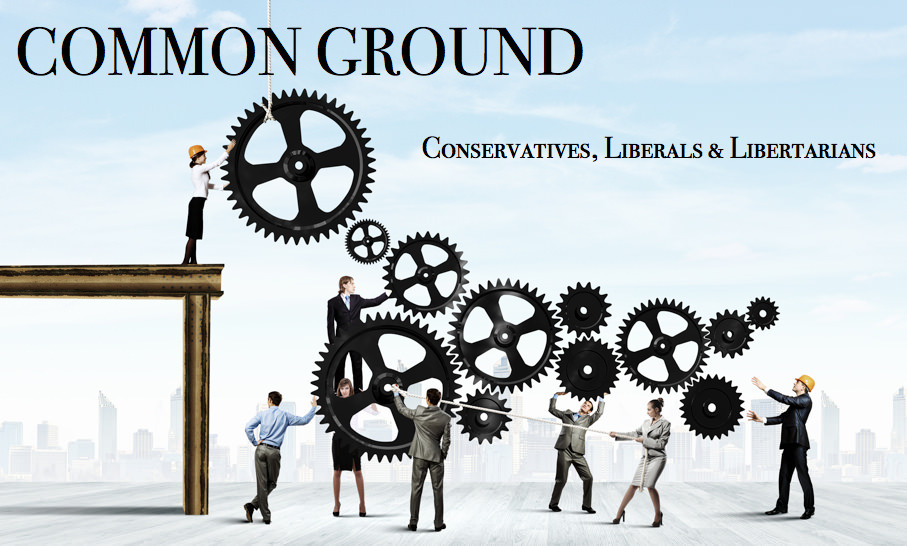A professor of mine had a four-part paradigm of change. It was really simple, and went like this:
1. No talk, no do.
2. Talk, no do.
3. Talk, do.
4. No talk, do.
In less elegant words, you move from not acknowledging the existence of a problem (no talk, no do), to discussing it and doing nothing about it (talk, no do), to working on it while you continue to discuss it (talk, do), to having reached a consensus so that you stop arguing about it and get on with solving it (no talk, do).
For Libertarians and the issue of corporatism, we are barely moving from Step 1 to Step 2, but then neither liberals nor conservatives have done much better. Libertarians sometimes confuse their belief in free markets with a protection of corporate capitalism, and end up arguing in favor of exactly what they decry: government power deployed to distort markets in favor of certain “winners” and against “losers.”
Here is the problem, on which real liberals, real conservatives, and real libertarians need to find some common ground: the State, which has, for better or worse, been given tremendous power for good or evil, has been almost completely co-opted by the plutocrats of corporate capitalism who are (a) anti-market; (b) anti-competition; © anti-free speech; and (d) willing to use all powers of the government–both civil and brutally violent–to maintain the hold on wealth and power that they achieved via both force and fraud.
The only good news is that many people are starting to see this, it’s just that Liberals, Conservatives and Libertarians don’t realize they are seeing the same thing, and they have too long been convinced that they are natural enemies and shouldn’t compare notes.
There is only one road forward to the future we’d like to see. We have to begin the difficult process of bringing liberal, conservative, and libertarians back to the table as Americans, and we have to begin the arduous process of re-creating the separation of corporation and state.
This is tough, tougher than probably anybody believes. Corporations control our government: no matter which party is in power the same corporate revolving doors swing widely around. Corporations control most (but thankfully not quite all) our media. The leveling hierarchy of the internet and rapidly evolving social media elude their control, but they’re working on it. Who do you think effectively gives the NSA its marching orders in the first place?
Booker T. Washington made famous the phrase, “Put down your bucket where you are." Start where we live. Start with our neighbors. Start with our local public schools. Start with our state and local elections.
There is already a start happening, and its beginnings can be found in a series of unlikely events. Greens and progressives have succeeded in changing the narrative of a proposed initiative in Delaware to such an extent that it took significant corporate monetary intervention to tilt the recent mayoral race in the "correct” direction.
Libertarians and progressives have united to challenge the corporate health-care and insurance worlds to retake some ground for the cause of midwives and home birth. Conservatives and liberals are together beginning to question the drive towards completely corporatized public education.
There is an old truism in politics that you build coalitions by looking for that which unites you, not that which divides you. The complete takeover of American institutions by an increasingly dictatorial corporate oligarchy that consciously intends to eliminate both the free market and the last vestiges of meaningful democracy from our nation is an issue that–if properly stated–can unite a large number of us.
While there is still time.
by Steve Newton is a Professor of History and Political Science at Delaware State University and the Libertarian candidate in Delaware’s 22nd State Rep District.




